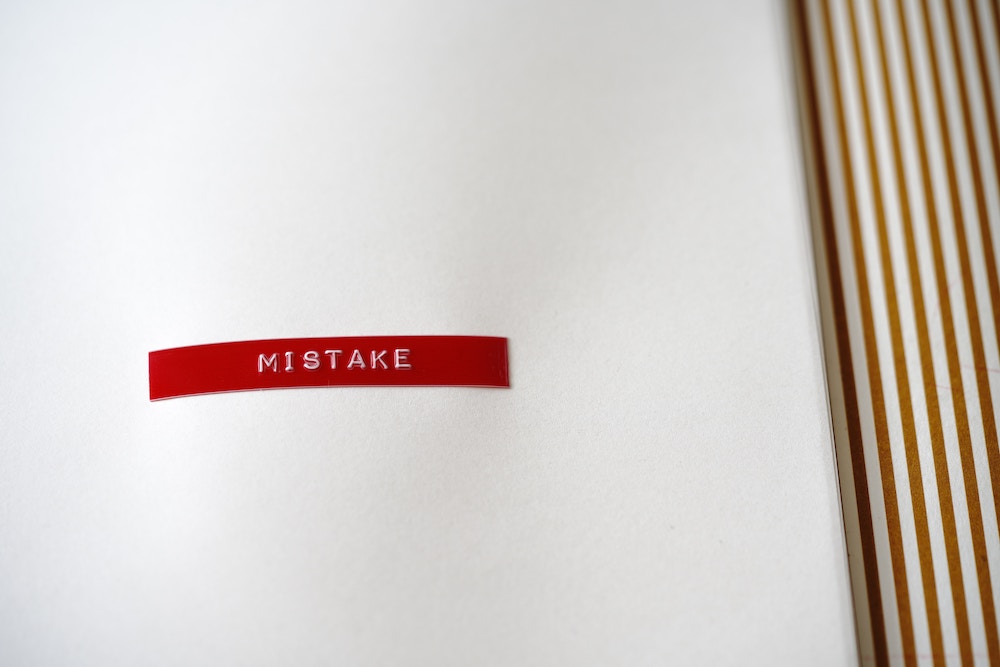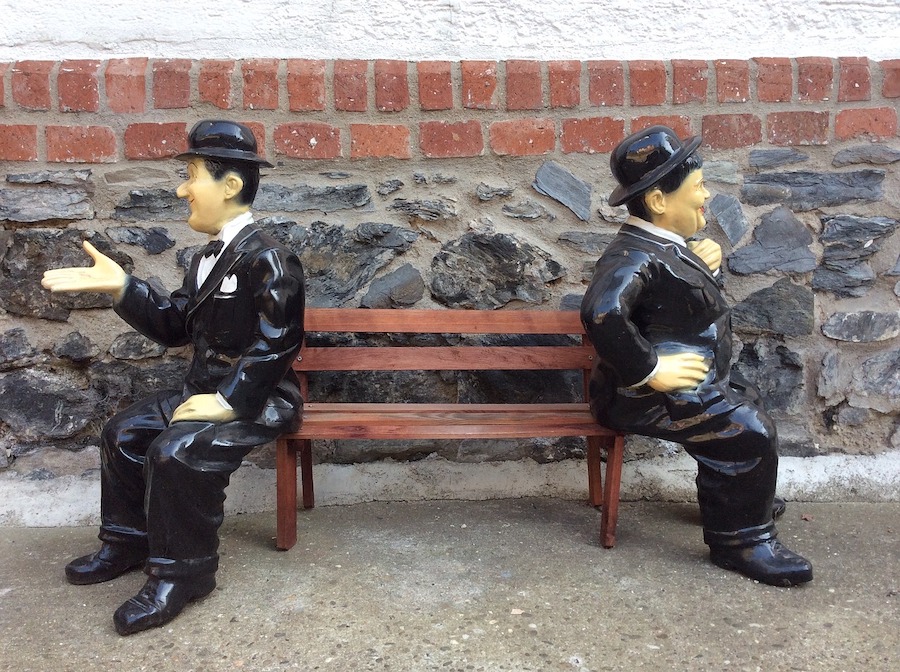When the going gets tough, what about those who don’t feel tough enough to keep going?
 Peter Aird is a GP in Bridgwater, Somerset.
Peter Aird is a GP in Bridgwater, Somerset.
Recently I watched the BBC adaption of ‘Little Women’. Despite the fact that it wasn’t the kind of programme I would naturally be drawn to [spoiler alert: there are no superpowers on display and no cosmic battles waged], I enjoyed it and found it genuinely moving. Let’s just say, on a number of occasions I found myself affected by what I can only assume was a speck of dust in my eye. I say there were no superpowers on display but, on reflection, I think that perhaps there was one at least one evident – the ability that the characters had to bear great hardship.
On several occasions in the story, there were those who spoke of having to simply bear, together, the trials their were experiencing. Trials that included the anxiety of having a relative away at war, the pain of experiencing a debilitating illness and the sorrow of having to look on powerlessly as a loved one died. One might even suggest these battles were waged at a cosmic level in the sense that, experienced as they were by people of faith, they had to be understood in terms of being part of God’s strange will for their lives. Though, of course, only a story, this ability to accept suffering, and bear it together, has a place in real life too.
If one thing in life is certain, it is that, to a greater or lesser extent, hard times will come to us all.
I wonder, however, if today we have lost our ability to bear with suffering, to sometimes simply endure what life throws at us. We have, perhaps, come to assume that we have a right to comfort and ease and, when that dream falters, have become accustomed to the NHS, and others, always being there to rush to our aid. We may even have foolishly developed the notion that there is no limit to the help that can be provided. If we have come to believe this however, we are deluded. If one thing in life is certain, it is that, to a greater or lesser extent, hard times will come to us all. And sometimes there is no earthly solution to the difficulties we face. Sometimes they simply have to be endured – maybe for weeks, maybe for years.
Sometimes the pain just has to be borne.
In his book ‘The Uses of Pessimism and the Danger of False Hope’, Roger Scruton warns against what he calls the best case fallacy, the illusion that we are prone to believe that progress will inevitably bring about a future state of affairs when all will be well. He writes: “There is a kind of addiction to unreality that informs the most destructive forms of optimism: a desire to cross out reality… and to replace it with a system of compliant illusions”.
Scruton advises that we act as a “scrupulous optimist” might. Alongside other characteristics, a scrupulous optimist, Scruton suggests, “knows the uses of pessimism”, that conscious awareness that things may well go wrong, and that we “live in a world of constraints”. Scrupulous optimists, he says, “like all rational beings” take risks “as part of their desire to improve things” but do so “always counting the cost of failure and evaluating the worst case scenario”. They know that things sometimes go wrong and that they and those around them are limited.
Both those who are ill and those working in the health service to support them in their sickness need to have this healthy dose of pessimism. We aren’t always as tough as we would like to be and we can’t always assume that we’ll be able to cope.
Simply demanding that we, or others, be more resilient, is not always either helpful or realistic. Demanding that we be more resilient can even add to our burden.
When the problems really are too much, beyond what any of us can cope with, it’s OK to find ourselves broken and awash with tears. On those occasions we may simply have to bear the pain – and it won’t be pleasant.
Sometimes the problems are too many for even the most capable
Sometimes the problems are too complex for even the most wise.
Sometimes the problems are too heavy for even the strong.
We are, after all, only human. Our mistake is to have ever imagined that we could ever meet every need.
So every now and then a day will inevitably come along which is just too much – when the demands put upon us exceed that with which we are able to cope. Our best efforts to meet the overwhelming need drains us of every ounce of energy we posses. Sometimes we can be so overwhelmed that it can feel that our inability to deliver the impossible reflects negatively on us, that our failure to solve every problem suggests some moral failure on our part. But we need not feel like this. There is no shame in being asked for more than we have and only being able to give all that we’ve got. We are, after all, only human. Our mistake is to have ever imagined that we could ever meet every need. We do not help ourselves by being that foolish, by being that arrogant.
We need to be more realistic. When the demands of our job are overwhelming, when the calls for help from those who are sick just keep on coming, we ought not be surprised that there are days when it is all too much. Sometimes that is simply the way that it is, the nature of the job – the nature, even, of existence.
Whilst we might bemoan the actions of others it is not always someone else’s fault that our day has been hard. Though their actions have not always helped, and not denying that we should press for change in how the NHS is run, not even the government is wholly responsible for the struggles the NHS is currently facing. We need to accept that sometimes, in the midst of a flu epidemic for example, our job will, as a consequence, be significantly harder. And when it is we will need to bear that harder time for a while – as will society as a whole. Complaining about it today won’t help anyone.
On the contrary, what will help today is if we bear the problem together. Blaming others only serves to isolate us at the very time we need others alongside us. Though it may cost us to do so, we need to support one another – to have it tough together. Rather than moving heaven and earth to make our day easier we need to remember that it’s not only tough for us. It’s tough too, for example, for our reception staff who experience no let up from calls from patients anxious for an appointment. We need to make efforts to make the lives of others easier: patients, certainly, but also those we work with.
We need to especially look out for those we come across who find the struggle hardest, those who work alongside us in the health service but also those who seek to offer support, professional or otherwise, in other settings. And sometimes, of course, ‘they’ will be ‘us’ and sometimes we will be the ones who struggle the hardest and need to accept help, perhaps from the unlikeliest of sources. I am fortunate to work in a practice where that support is found and am grateful to all those I work with that that is the case. Doctors, nurses, reception, admin and managerial staff; we’re all in it together.
Doctors also need that healthy dose of pessimism, to be conscious of their limitations and that, despite their best efforts, some of those who get sick will have bad outcomes.
Medicine is a wonderful thing. It can ease many burdens. But not all. Like those who practice it, it has its limitations and will never bring about a world where sickness and death is no more. I am not suggesting that medicine should therefore stop trying to find new ways of alleviating suffering but, nonetheless, it must maintain that healthy dose of pessimism that reflects the reality that nobody lives for ever. Doctors also need that healthy dose of pessimism, to be conscious of their limitations and that, despite their best efforts, some of those who get sick will have bad outcomes.
Furthermore we need to be wise enough to know that sometimes the kindest thing that we can do is stop striving for a cure and not burden a patient more by constantly demanding that they get better. Sometimes, when there is no longer any earthly solution, when medicine has reached its limit, we mustn’t be afraid to acknowledge our weakness and our inability to help as we would like. Even so, as we look on and watch our patients, even our friends and family, suffer and die, we will do well if we can still bear with them in their suffering, if we can share in their sadness and ‘weep with those who weep’.
So when the going gets tough, what about those who don’t feel tough enough to keep going?
We pick them up and carry them just as far as we can. And those overwhelmed by the avalanche of need are no less worth carrying than those who are sick.
And when one day I am too heavy to bear, and that day will come, lay me down and bear with me still.
Because bearing things alone would be truly unbearable.
Featured photo: rawpixel.com











5
5
4.5